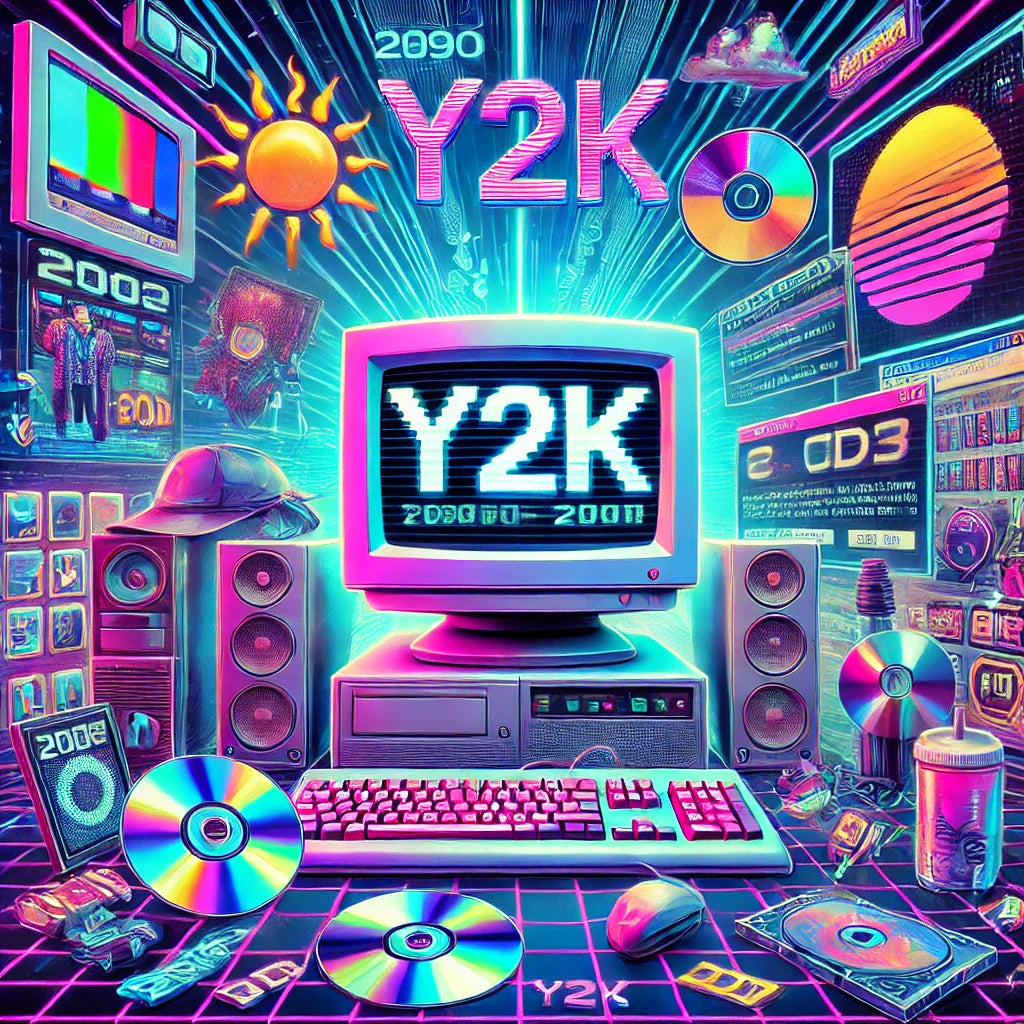The turn of the millennium was a time of unprecedented technological change and growing cultural anxieties. As the world prepared to usher in the year 2000, a peculiar phenomenon captivated the global consciousness – the Y2K crisis. This digital apocalypse, predicted to wreak havoc across computer systems worldwide, became a defining moment for an entire generation, shaping their perspectives on technology, risk, and the future.
The Y2K problem, often referred to as the Millennium Bug, stemmed from a seemingly innocuous programming practice. In the early days of computing, programmers frequently used a two-digit format to represent the year, under the assumption that the first two digits would always be 19. This assumption posed a significant risk as the year 2000 approached; systems relying on this format faced the threat of misinterpretation, potentially leading to catastrophic failures.
As the date changed from 1999 to 2000, fears of widespread chaos permeated through society. Concerns ranged from banks miscalculating interest rates to transportation systems encountering critical failures. The media fervently propagated these anxiety-laden predictions, turning the Y2K crisis into a global phenomenon. People scrambled to prepare for what many believed would signal the collapse of modern civilization as we knew it.
In response to the looming crisis, businesses and governments allocated enormous resources to reprogram and update their systems. Thousands of technicians and engineers worked tirelessly to identify and rectify the potential pitfalls of the Millennium Bug. During this period, a new vocabulary emerged; terms like 'Y2K compliance' and 'Y2K readiness' became everyday conversations. It was not just a tech issue; it morphed into a cultural event that highlighted vulnerabilities inherent in society's increasing reliance on technology.
The anticipation of a digital doomsday led many to reconsider their relationship with technology. For an entire generation, the Y2K crisis instilled a sense of both fear and fascination with the digital world. Young people, who had grown up alongside rapid advancements in technology, suddenly felt the weight of unpredictability as they stared into what many described as the unknown future of the post-Y2K era.
When December 31, 1999, arrived, celebrations simultaneously ignited excitement and anxiety. As the clock struck midnight and the year 2000 began, the world held its breath, awaiting the predicted chaos. Yet, when the dust settled, the anticipated disasters proved largely unfounded. Thanks to the thorough preparations undertaken, the Y2K crisis was more of a monumental anti-climax than a catastrophe.
Nonetheless, the legacy of the Y2K crisis endured. It marked a turning point in how society viewed technology, emphasizing the importance of preparedness and the need for technological literacy. The experience forged a cautious outlook among consumers who now recognized the potential risks associated with the wonders of modern technology. This vigilance carried over into the 21st century, influencing a generation that witnessed firsthand the thin line between technological triumph and disaster.
Looking back, the Y2K crisis stands as a unique cultural phenomenon that defined a generation. The lessons learned during this pivotal time continue to resonate today, prompting ongoing discussions about the ethical implications of technology, cybersecurity, and how we build our digital future. As we navigate the complexities of an ever-evolving technological landscape, the echoes of the Millennium Bug remind us to remain vigilant, reflective, and prepared for whatever comes next.



